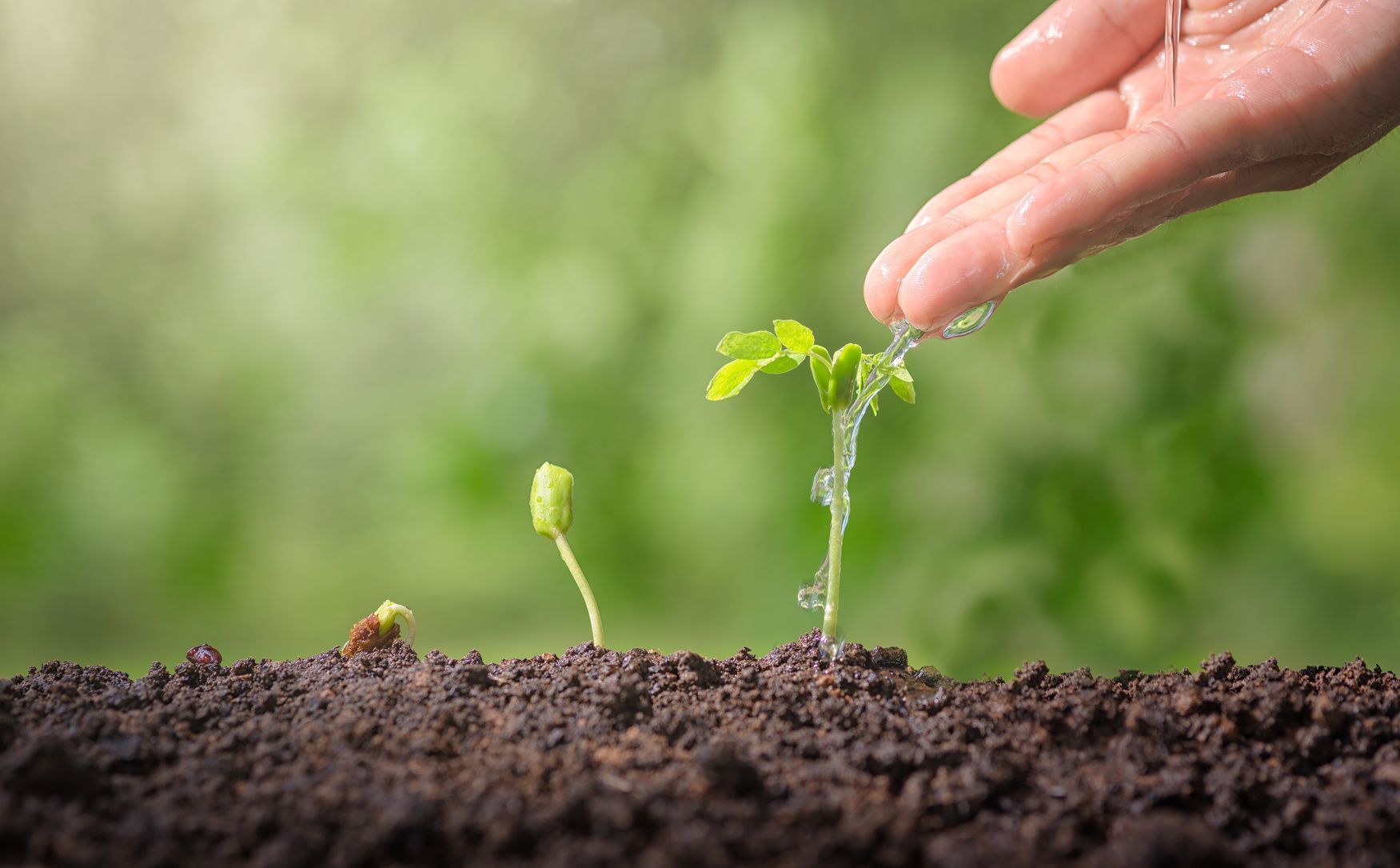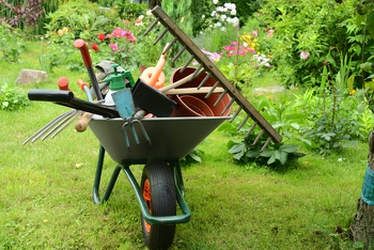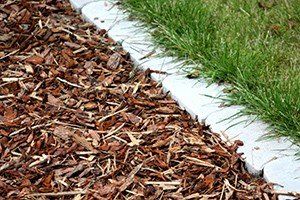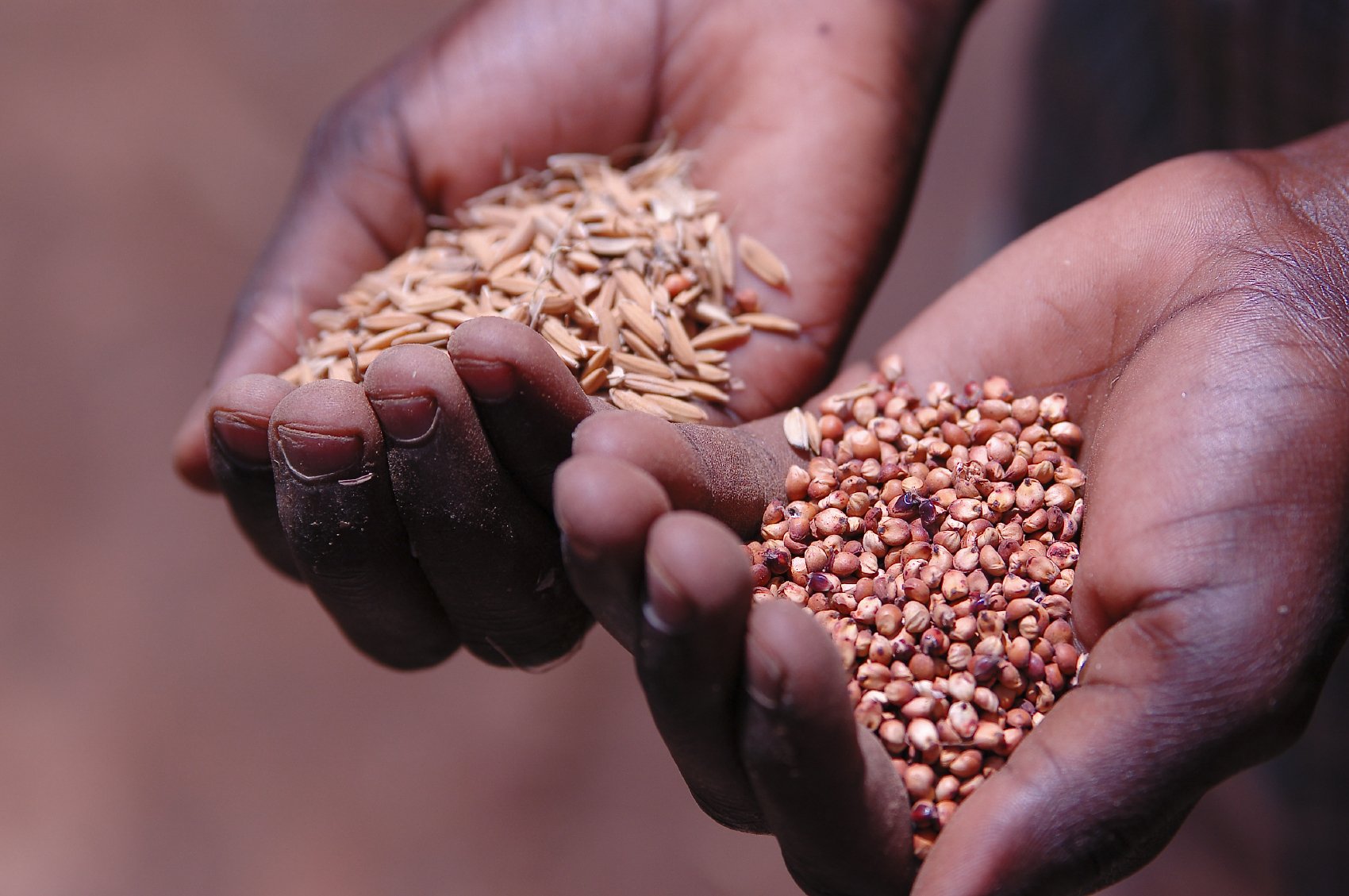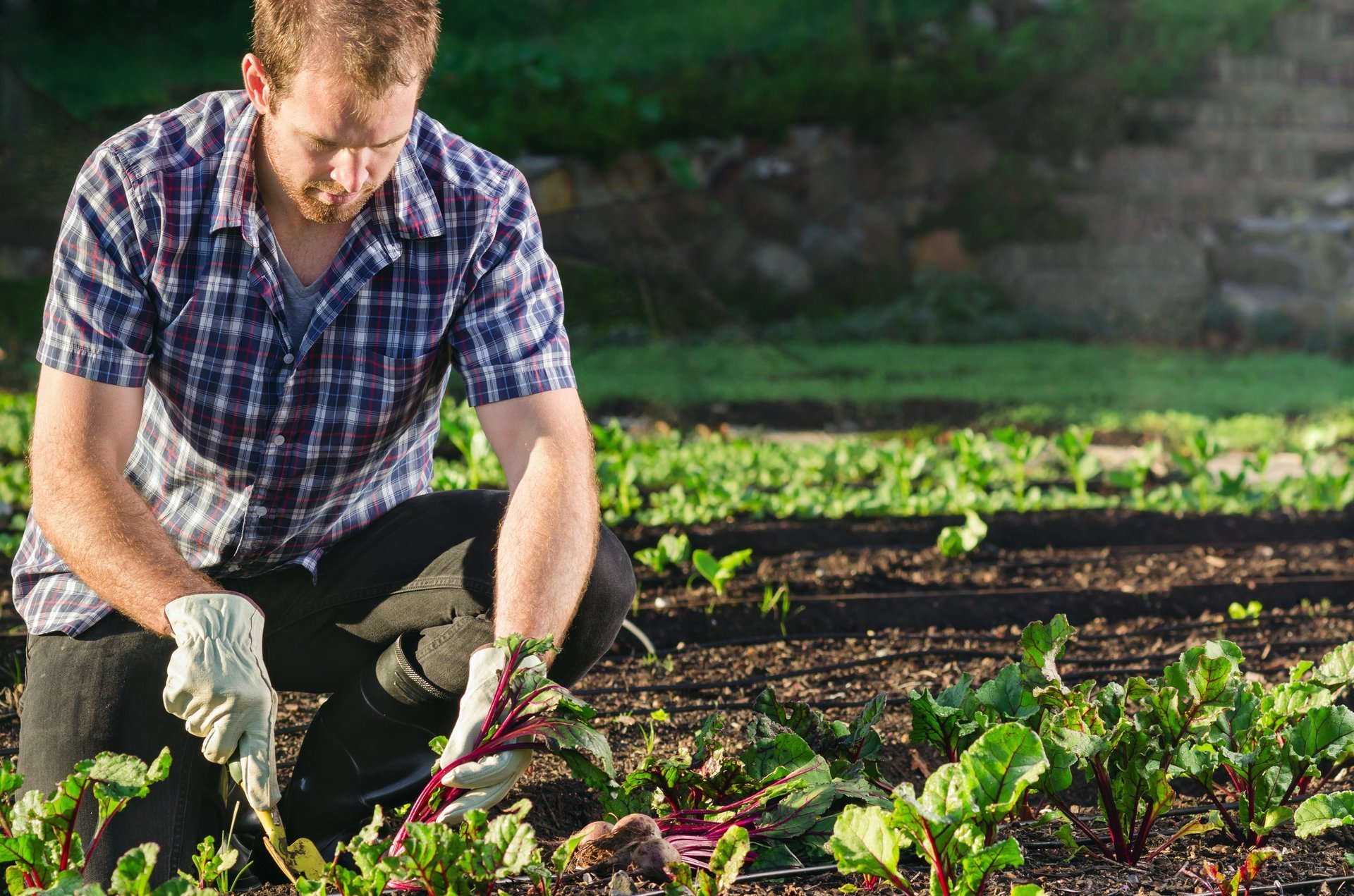Maintain and care for
There
Aspres Nursery in Grasse
offers you a wide choice of quality products at the best price for
MAINTAIN
your garden, balcony or terrace all year round. These sections are currently being written and integrated into the site. They are therefore not all available and complete yet.
Garden Maintenance: Tips for a Clean and Healthy Green Space
A well-maintained garden is a pleasant and rewarding living space, both for the gardener and for the surrounding biodiversity. However, it requires time, effort, and above all, appropriate practices to maintain soil balance, promote plant growth, and prevent disease. Here is a 500-word guide to properly maintaining your garden throughout the year.
Watering
Watering is essential to keep plants healthy. It must be adapted to the needs of each plant and vary according to the seasons and climate. In summer, watering must be frequent to avoid dehydration due to the heat. However, to reduce waste, water in the morning or at the end of the day to limit evaporation. Drip irrigation is an excellent method for efficient and targeted watering, ideal for potted plants or fragile garden plants. In winter, watering frequency decreases to avoid excess moisture that could damage the roots.
Weeding
Weeding is an essential step to prevent weeds from suffocating your plants. Weeds consume nutrients from the soil to the detriment of the plants being grown. For a healthy garden, weed regularly, especially in spring, when the growth is strong. Manual weeding is an environmentally friendly method, but you can also use mulch to limit the appearance of unwanted weeds. Mulching is effective in reducing the proliferation of weeds and, at the same time, maintaining soil moisture.
The size
Pruning is an important operation that stimulates plant growth, removes dead branches and promotes good aeration. For shrubs, pruning also helps maintain a harmonious shape. It should be carried out according to the life cycle of each plant. For example, fruit trees are generally pruned in late winter, before flowering begins. Rose bushes, on the other hand, benefit from pruning in the spring to stimulate their growth. Always use sharp and clean tools to avoid diseases.
Fertilization
Fertilizing the soil is necessary to provide essential nutrients to plants. There are different types of fertilizers, organic or chemical. Natural fertilizers, such as compost or manure, enrich the soil in a sustainable way and promote microbial biodiversity. In general, fertilize in the spring to help plants get their growth off to a good start, and a second time in the summer to support their development.
Protection against parasites and diseases
Pests and diseases can quickly destroy a garden, so it is important to regularly monitor your plants. Signs of yellowing, holes in the leaves or mold can indicate an infestation. To limit the risks, favor natural methods such as crop rotation, which prevents soil depletion and limits the spread of parasites. Natural manures, such as nettle manure, can strengthen the natural defenses of plants without resorting to chemicals.
Cleaning and collecting leaves
In autumn, raking up dead leaves is an important step. Although leaves can be left on the ground in flowerbeds to protect the roots from the cold, it is better to clean paths and lawns regularly to prevent the accumulation of moisture and mould. You can recycle dead leaves into compost to enrich the soil later in the year.
Garden maintenance is a constant job that, while demanding, brings great satisfaction. By following these essential steps - watering, weeding, pruning, fertilizing, protecting, and cleaning - you will promote the health and beauty of your garden. Regular maintenance not only helps keep your garden thriving, but also creates an environment that is conducive to local wildlife.





